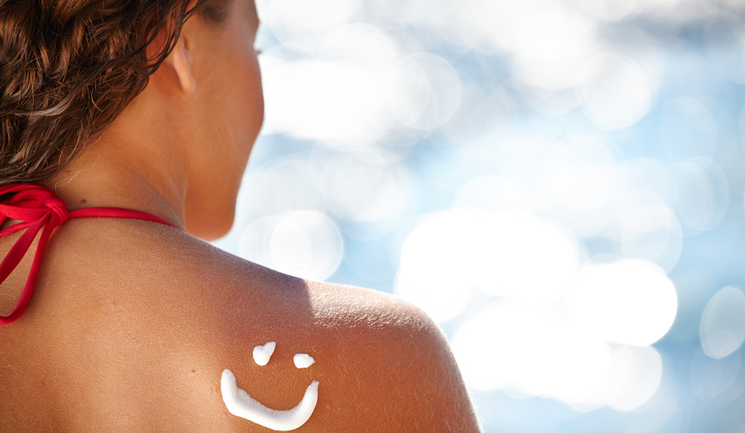Face-ageing apps may be useful tools to increase SPF compliance in adolescents and decrease skin cancer risk, according to a study published in JAMA Dermatology.
Researchers conducted a cluster-randomised clinical trial of 52 school classes with 1,573 Brazilian pupils at a mean age of 15.9 years. All participants were surveyed regarding sunscreen use, skin self-examinations and tanning at the beginning of the study, as well as three and six months after receiving education about SPF use.
In a classroom seminar delivered by medical students, adolescents’ selfies were altered by the face-ageing app Sunface to show UV effects on their future faces. They were shown in front of their class, accompanied by information about UV protection.
At six months, the participants’ daily sunscreen use increased by 7.8%, the proportion of pupils performing at least one skin self-examination rose by 24.3% and tanning decreased by 3.6%. The intervention was more effective for female students.
The authors stated, “These findings suggest that interventions based on face-ageing apps may increase skin cancer protection behaviour in Brazilian adolescents. Further studies are required to maximise the effect and to investigate the generalisability of the effects.”






